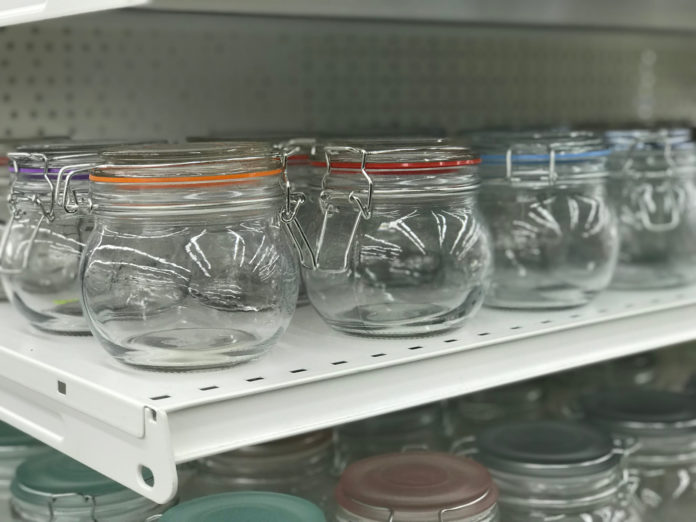VANCOUVER – When Canada legalized cannabis last year initial inventory shortages were expected—for THC. However, analysts may have underestimated how difficult it would be to keep quality CBD products stocked on shelves. While THC products are certainly still popular, it is not surprising CBD’s medicinal potential and lack of psychedelic properties are making the cannabinoid a hit with consumers.
“I don’t think the licensed producers really realized how popular CBD was, so there’s none available, really,” said Krystian Wetulani, founder of City Cannabis Co. in Vancouver according to The Chronicle Journal. “When something becomes available on the cannabis wholesale ordering sheet, everybody tries to get all that’s available. It’s like a race. That’s one of the biggest opportunities we’re facing in the legalized market.”
Growers do not have infinite resources so focusing on THC production was understandable. Canadian Prime Minister Justin Trudeau made recreational cannabis legalization one of the cornerstones of his successful 2015 campaign, not CBD. Excitement for recreational cannabis sales has been building for years.
“While licensed producers were preparing for legalization last year, they assumed most of the demand was going to be for cannabis high in THC, the intoxicating ingredient,” said Khurram Malik, chief executive officer for Biome Grow.
Canadian hemp producers are trying to increase production so CBD can be extracted from their plants but analysts still expect shortages to last throughout most of the year.
The surge in CBD’s popularity could be partially driven by the United States. In December, Congress passed the 2018 Farm Bill and legalized industrial hemp, signaling that extracted CBD (under the .3 percent THC threshold) was now legal. Media outlets and social media have been buzzing with excitement ever since.
“Because of the farm bill passing, the sexiness or the in-vogue profile of CBD went through the roof,” said Malik. “The demand side just blew up and caught everyone by surprise, on both sides of the border.”
Although they did not do so in a mean spirited way, B.C.’s Liquor Distribution Branch seemed to fault producers lack of experience for the shortages.
“There has been a significant learning curve for licensed producers as they transition into supplying a new market,” said B.C.’s Liquor Distribution Branch in a statement. “Licensed producers are working towards becoming more efficient, however many of their expansion projects have not yet been fully ramped up.”
However, when legal markets come online producers often find themselves in a difficult situation. In the United States, when legal markets are delayed, producers can be left with entire crops without buyers. This can have a drastic financial impact on growers who fund their own operations out of pocket before selling the products to dispensaries. Until markets are fully functional growers are often forced to take a measured approach. Cultivating quality cannabis and CBD is not something that can be done overnight.
“It’s not easy,” Ivan Ross Vrana, cannabis adviser at Hill+Knowlton Strategies said of the difficult situation growers are in. “I know people think, ‘It’s just a weed. We can grow this no problem.’ It’s not. You’re still growing a plant and Mother Nature has a large say in that.”


